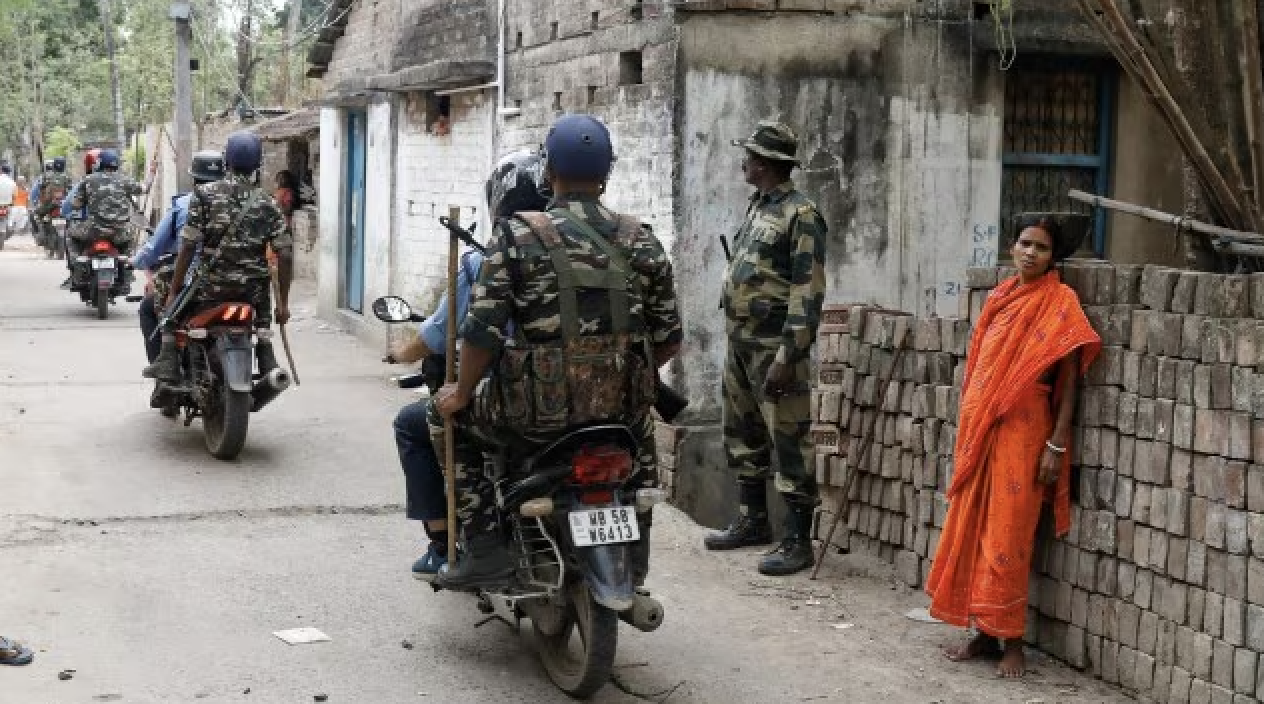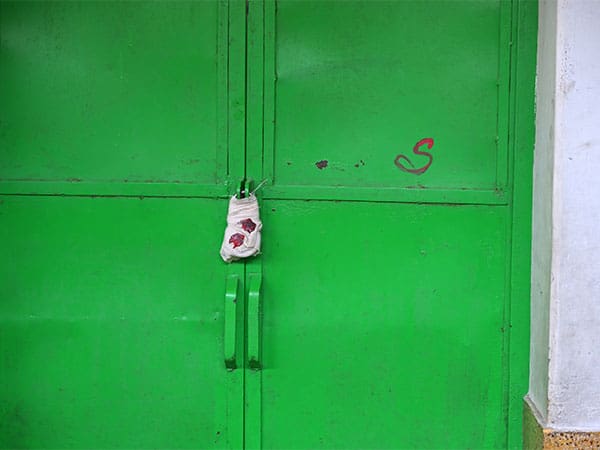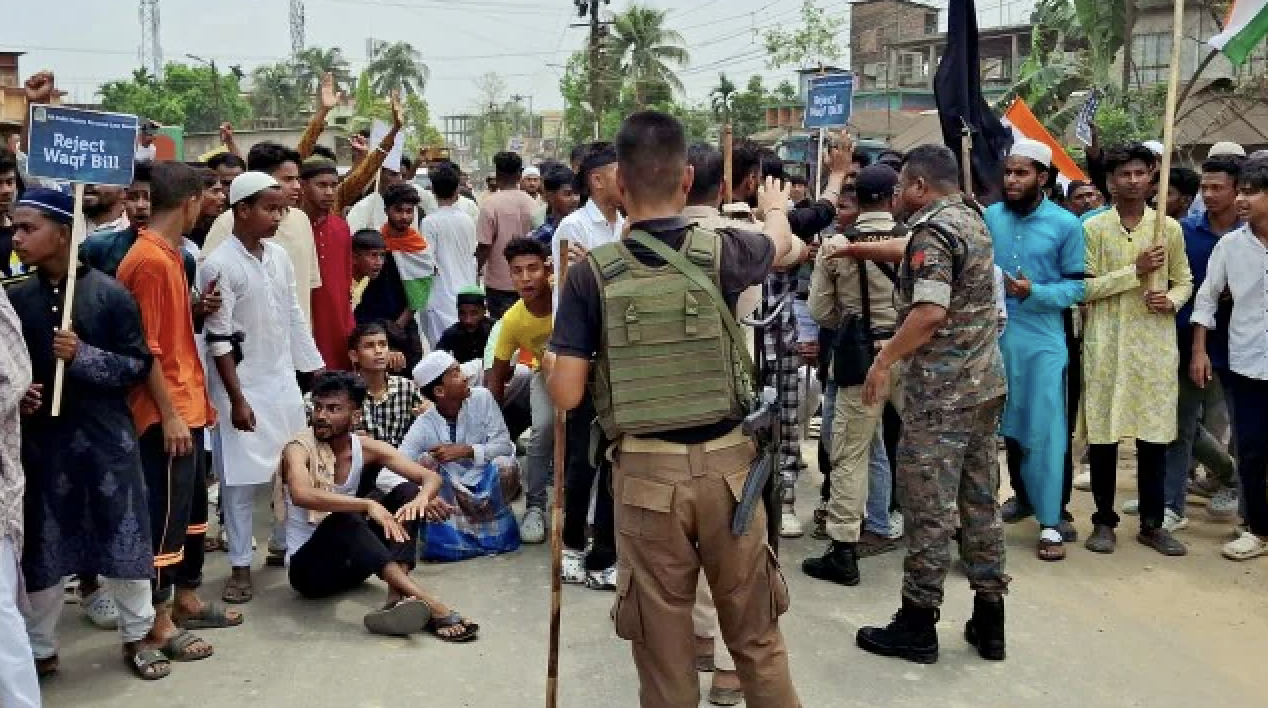
“Very disturbing and depressing”: that is how the arbitrary demolition of the homes and properties of persons accused of offences by state authorities was characterised by Justice Ujjal Bhuyan of the Supreme Court at a public event on March 22.
“According to me, using a bulldozer to demolish a property is like running a bulldozer over the Constitution,” Bhyuan contended. “It is a negation of the very concept of rule of law and if not checked, would destroy the very edifice of our justice delivery system.”
His observations came four months after extra-judicial demolitions had been declared illegal by a Supreme Court bench of Justices BR Gavai and KV Viswanathan. The judgement provided detailed guidelines for municipal authorities to follow when demolishing any property. It fixed personal responsibility on the officials carrying out such actions.
Yet, since the judgement, the arbitrary demolition of homes of people accused of crimes – a practice popularly hailed in some quarters as “bulldozer justice” – has continued. When such instances have been brought up before the Supreme Court, it has on some occasions asked the victims to approach the High Court. In other cases, it has issued notice or stayed the demolitions.
Supreme Court’s directives
Though Indian law does not permit properties to be demolished as a punitive measure, the practice has become widespread, particularly in states ruled by the Bharatiya Janata Party. Between April and June 2022, the authorities in four BJP-ruled states and one Aam Aadmi Party-ruled state bulldozed 128 structures, mostly belonging to Muslims, according to a report by human rights group Amnesty International.
In 2022, three public interest litigation petitions challenged this in the Supreme Court. In November, the court issued detailed guidelines about the conditions under which demolitions could be conducted.
According to these guidelines, no demolition can proceed without a show-cause notice being issued 15 days in advance. In addition, the person or entity concerned should be given a personal hearing. The final order must address the arguments of the affected party, regularisation options and establish the need for demolition.
This story was originally published in scroll.in. Read the full story here.






